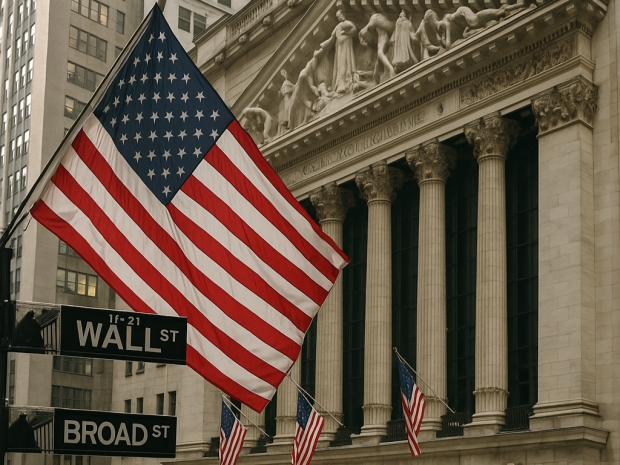Section 899, slipped into the latest draft passed by the House of Representatives, is already sending shivers down the spines of tech investors and boardrooms alike, especially those with foreign capital to worry about.
The clause allows the US government to impose additional taxes on companies and investors from countries it says has unfair tax regimes. In practice, it means higher taxes on foreign-owned US companies, overseas firms with US branches, and any international investor daring to touch American stocks or corporate bonds.
According to the Financial Times it’s a blunt instrument aimed at squeezing rivals with dodgy tax codes, it’s the US tech sector that might end up collateral damage. Big Tech outfits thrive on deep pools of global investment. If you make that less appealing by slapping on tax hikes, foreign money will simply walk.
Morgan Stanley has already warned that the measure could pressure the dollar and push overseas investors to look elsewhere. JPMorgan, never one to overreact, said it could have "significant implications" for US and foreign corporations.
Institute of International Finance chief executive Tim Adams said the move was wildly counter-productive.
"At a time when the administration is actively seeking foreign investment in the US to support job creation, capital formation and reshoring of manufacturing capability, this could be counter-productive," he said.
"Any disruption to the flow of capital and foreign direct investment could have negative unintended consequences for American companies, jobs and economic competitiveness."
Tech firms are uniquely exposed. They rely heavily on foreign capital to fund cloud infrastructure, chip design, AI training, and R&D whic are Capital intensive and time sensitive. Section 899 threatens to spike their cost of capital just as interest rates and investor caution are already working against them.
Then there’s the threat of retaliation. Countries named and shamed by the US might decide to hit back, taxing US tech operations on their turf. That could mean less-friendly rules, bigger bills, or fewer permissions to operate in those markets.
Global Business Alliance president Jonathan Samford warned: "This provision is not going to impact bureaucrats in Paris or London. It’s going to impact American workers in Paris, Kentucky, and London, Ohio."
The legal ambiguity doesn’t help. While most agree that Treasuries might be spared from the tax hammer, analysts aren’t sure. Hedge fund strategist Lewis Alexander at Rokos Capital Management pointed out that taxing Treasuries could increase US borrowing costs, something even Section 899's backers might want to avoid.
But the damage may already be done. A bond fund manager told the Financial Times that foreign investors are panicking. "Our foreign clients are calling us panicked about this. It’s not totally clear whether Treasury holdings will be taxed, but our foreign investors are currently assuming they will be."
So at a time when Nvidia is warning of massive revenue hits in China and AI firms are already hunting for cash to fund alternatives, the last thing Silicon Valley needed was a homegrown tax debacle spooking its global backers. Section 899 looks like it could turn into the tech sector’s next regulatory migraine.




